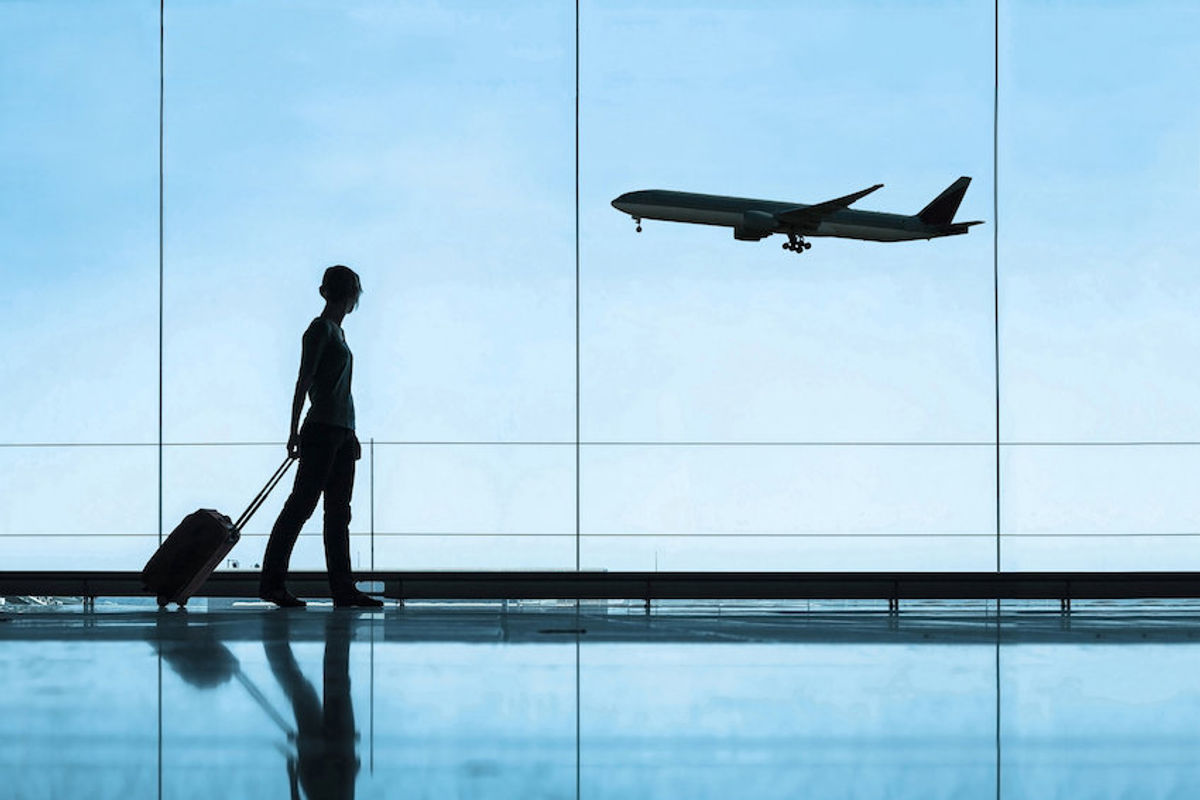The Swedish government is to scrap its aviation tax next year as a way of lowering the prices of flights and increasing demand for air travel.
The country’s aviation tax, which was introduced in 2018, charged each passenger between €7 and €44 depending on their destination. But it will now be abolished from 1 July 2025.
Swedish politicians said that scrapping the tax would reduce airfares, increase demand and boost the competitiveness of airlines.
Jonas Abrahamsson, president and CEO of Swedavia, which runs 10 of the country’s busiest airports, including Stockholm Arlanda, welcomed the government’s decision.
“The aviation tax has hampered Swedish flight accessibility, competitiveness and growth,” added Abrahamsson. “In addition, it has not supported the necessary climate transition as it treats all fuels, including bio-based jet fuel, equally.”
Airlines’ association IATA also praised the Swedish government’s decision as “excellent news”.
“Better air connectivity boosts the productive capacity of the economy, leading to stronger tax revenues in the long term,” said Rafael Schvartzman, IATA’s regional vice president for Europe.
“Sweden’s post-pandemic aviation recovery has notably lagged its neighbours, a problem made worse with the tax – and the number of routes had still not rebounded to 2019 levels by the end of 2023.”
Business travel groups in other parts of Europe have continued to criticise decisions by governments to increase aviation taxes.
Earlier this year, German travel buyer association VDR and IATA attacked a 20 per cent increase in the country’s air passenger levies. While the UK’s Air Passenger Duty continues to be criticised by the wider travel industry with annual increases adding to the cost of flights.

